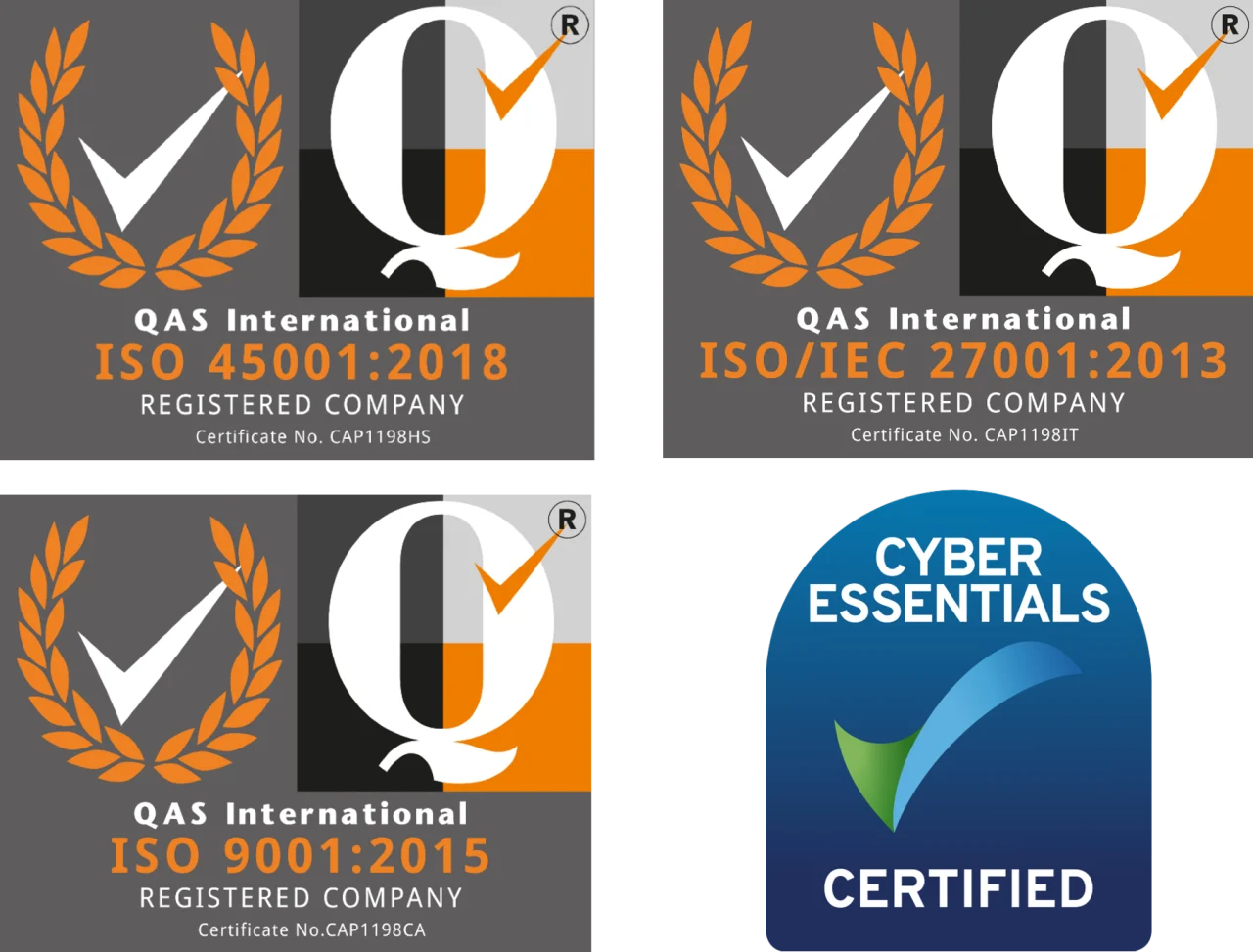So you’ve got yourself a shiny new website, you’ve told all your friends and colleagues about it and made sure your web address is on all your publicity material. Now, of course, you want your site to be listed at the top of Google for various search terms.
Unfortunately, there is no magic solution. If there was, everyone would use it, and everyone can’t be top at the same time. But there are lots of things you can do to improve your ranking. These can be divided up into 3 main areas:
1. Create Relevant and Frequently Updated Content
This is fundamental to getting a high ranking. The search engine business is based on providing results that are relevant and recent for the chosen search term.
We all know they get it wrong at times, and they can be tricked for a while (by what are known as “black hat” techniques). But if your site doesn’t deserve to be at the top due to its content, then you are definitely swimming against the tide and will struggle.
Some specific things to consider:
- Identify the most appropriate search terms (keywords) and use them in your site
- Add unique content regularly
- Keep your content up to date
- Check your spelling and grammar
2. Build up Incoming Links
This is very important as search engines treat a link to your site from another site as a kind of recommendation that your site is worth visiting. But, as in other areas of life, not all recommendations carry the same weight. If you can get a link from a very reputable, high ranking site (Microsoft, Sheffield City Council or the BBC for example) that will count for more than lots of links from low-quality sites. And if you have links from disreputable sites, that can even harm your ranking.
Some good ways to build up links:
- Talk to your customers, suppliers and partner organisations.
- Make use of social networking sites (MySpace, Facebook, Digg, Flickr, You Tube etc).
- Make posts in blogs & forums relevant to your search terms.
- Register your organisation on some good quality online directories.
3. Make your Pages Search Engine Friendly
You will have noticed that so far there has been nothing technical. Parts 1 & 2 require editorial and marketing skills, not computer wizardry. But there are certain technical things you need to get right too. The principle here is that search engines use an automated system to try to work out what your web pages are about, and because you are dealing with computers, not people, you need to spoon-feed certain information to them. You need to structure your pages correctly so that a computer can work out what each page is all about.
This area can get very technical and there is lots of information on the internet for those who want to learn more. But a few simple steps that will make a big difference are:
- Use your keywords in title tags.
- Use your keywords as anchor text in incoming links.
- Use your keywords in the text of your page (but don’t over do it).
- Use text not images of text (search engines can’t interpret images).
- Don’t use javascript only links (search engines can’t follow them).
- Keyword or meta tags are not as important as they used to be.
- Meta data, titles and descriptions are important as they are often used as the “snippet” that appears after your page title in the Google listing, this is what attracts people to click your link (or not).
4. Gather Statistics
Conclusion
Improving your search engine rankings requires a mix of editorial, marketing and technical skills. You need to get it right in all three areas in order to succeed. If you create a great website and work hard to promote it, you should soon start to climb up the rankings. But remember, anything you can do, your competitors can do too. So there is no guaranteed route to the top, especially if you are targeting very competitive search terms.
If you would like to know more about how we can help you to improve your search engine rankings, then please contact us.

